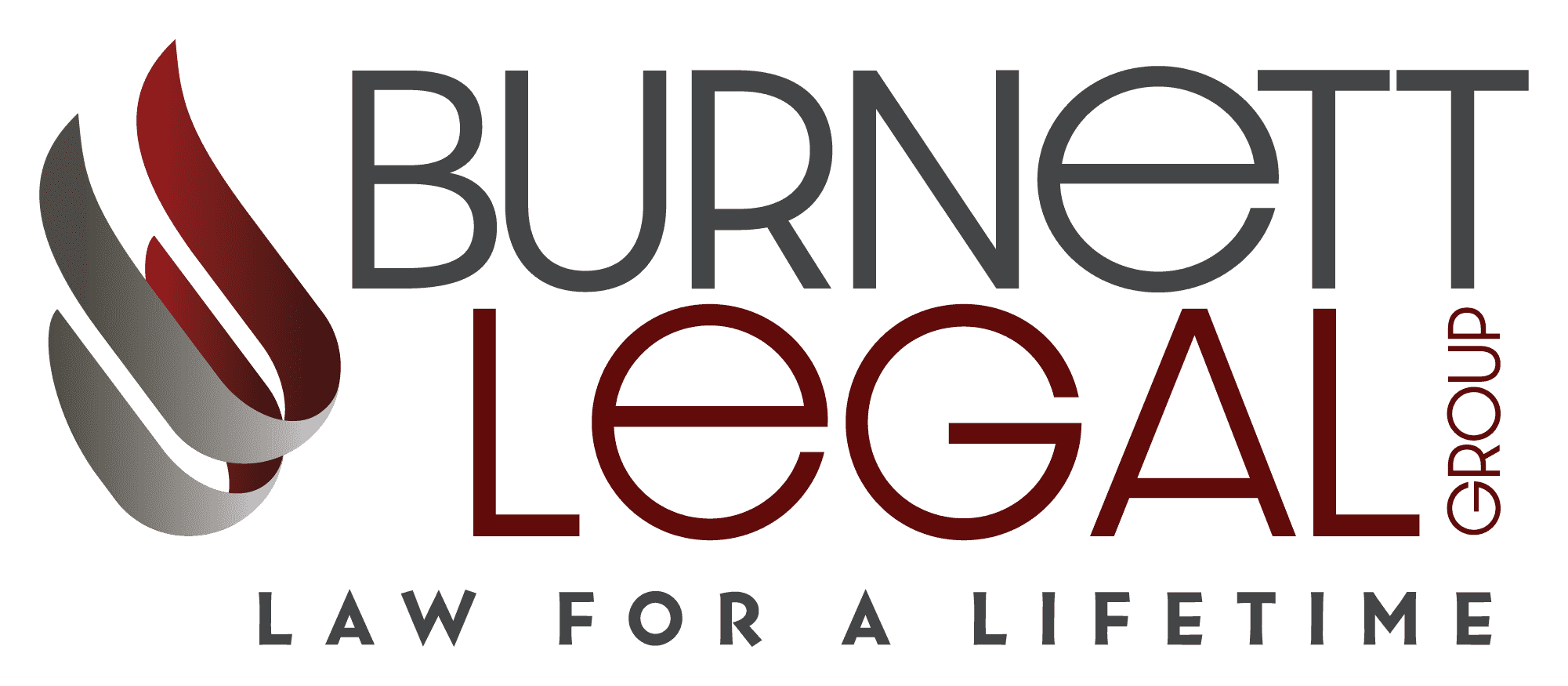As experienced Omaha criminal defense attorneys, our team from Burnett Wilson Law can tell you that there’s quite a lot about a criminal case that most people never think or talk about. This is a problem when you, as a defendant, can only benefit from knowing more about your own case and the criminal court processes ahead of you. We would like to touch upon four pointers about criminal defense cases that you probably won’t hear anywhere else.
Follow the Rules
Every judge has a specific set of rules they prefer and expect you to follow whenever you are in their courtroom. A judge being a stickler about their rules is not a power trip. Instead, it is a simple way to ensure cases are handled correctly and efficiently.
Before the first time you enter the courtroom for your case, talk to your attorney about what you can probably expect in terms of any specificities or oddities the judge will expect or enforce. An experienced and local lawyer should be able to tell you about the judge’s rules, as well as their ruling history. Except for truly unreasonable rules, you should always do your best to follow them. Causing a disruption by “doing your own thing” can only work against you.
Always Be Honest with Your Attorney
As difficult as it might be, you need to be honest and forthright with your attorney at every opportunity. If you lie to your lawyer about details of your case, then you will only complicate and jeopardize your own defense. Your attorney could revise their notes based on new information if you tell the truth halfway into your case, but this is not an ideal way to build a defense.
Many people feel tempted to lie to their own attorneys because they are embarrassed about what they did. Please remember that your criminal defense lawyer is a professional who handles cases like yours – and probably far more complicated and controversial than yours – all the time. They are not there to judge you or gossip. They have a job to do, which is the protect your rights and ensure the criminal justice system stays honest by demanding the most out of the prosecution and the state.
Understand “Overwhelming Evidence”
There are situations in which the prosecution will come forth with “overwhelming evidence” of your criminal charges. For example: You are charged with stealing a smartphone out of an electronics store. The store’s surveillance cameras captured you taking the phone and leaving the store without paying for it, you later made calls from the stolen phone, and you also sent text messages to your friends about the crime. The evidence in this situation is “overwhelming,” and it helps to accept it.
Being faced with overwhelming evidence doesn’t mean you have to submit to whatever the prosecution throws at you, though. Your attorney could still be able to better your situation by working on a plea deal or agreement. What you need to do when your criminal defense lawyer says the evidence against you appears to be overwhelming is, once again, stay honest with them, which may mean discussing the logic behind insisting upon your innocence.
Get Plea Agreements in Writing
While on the topic of plea deals, you should always insist on getting them in writing. Your criminal defense attorney will probably want to put such agreements in writing for their own records and thoroughness, anyway. But you never know when a prosecutor will try to sneak in a change in a plea agreement or when sentencing requirements get confused later. A written plea deal will ensure everyone has an irrefutable reference point if something goes unexpectedly south.

